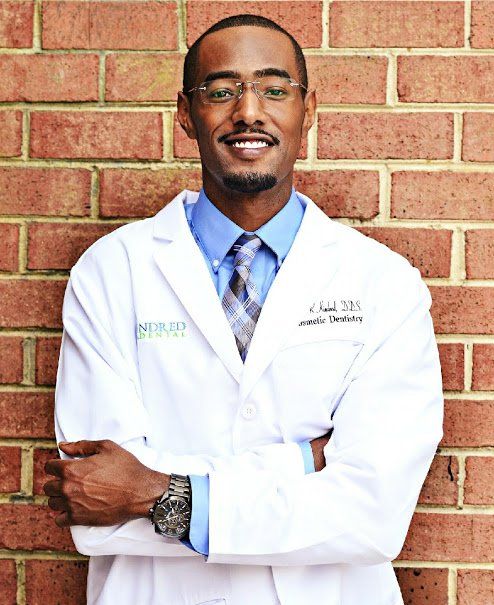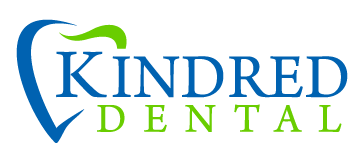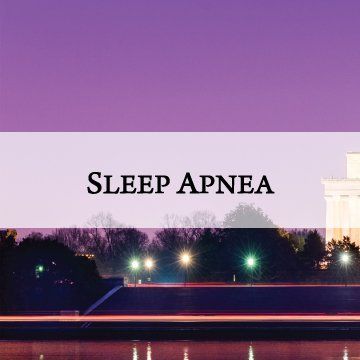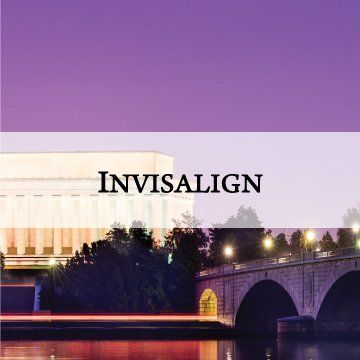Kindred Dental
YOUR SMILE IS WAITING!

Dr. Nicolas Rafael Kindred is a native of Alabama. He is the first Dentist of his family. His parents owned a neighborhood convenience store that gave him unlimited access to candy. Cavities combined with a motorcycle accident caused him to undergo multiple dental procedures as a teenager. "I can vividly remember being mesmerized by watching my dentist work when I was a kid. As the patient, I gazed in amazement at the mirror-like reflection on his glasses as he created magic." says Dr. Kindred. He has personally experienced most of the procedures he provides for his patients. This allows him to form and maintain a kindred rapport with his patients to promote oral health.
Dr. Kindred received his undergraduate degree from Alabama State University Sum Cum Lade. After receiving his degree, Dr. Kindred worked in a dental laboratory for a year learning the back ends of dental prosthesis fabrication. With dreams of advancing to the forefront of dentistry, He was awarded a scholarship to attend Howard University college of Dentistry at Washington, DC. After completion, Dr. Kindred completed an Advanced Education in General Dentistry residency program at the University of Texas School of Dentistry, and its affiliate Memorial Hermann Hospital.
With new dental trends and innovation, Dr. Kindred believes continuing education is necessary to remain informed. He is a member of the American Dental Association and the Washington DC Dental Society. Since graduating in 2010, he has received many more hours than required of continuing education. For example, his continuing education classes in sleep apnea at the New York Dental Conference has caused him to pursue it even further. Over 50 million people in North America suffer from sleep apnea. Dr. Kindred joined Sleep Group Solutions Inc. which now allows him to use medical equipment not commonly found in Dental offices such as the Eccovision Acoustic Pharyngometry and Rhinometry system to assist in fabricating an oral appliance. He was also awarded America's Top Dentist in 2016 and 2017 by CRCA.
Dr. Kindred received his undergraduate degree from Alabama State University Sum Cum Lade. After receiving his degree, Dr. Kindred worked in a dental laboratory for a year learning the back ends of dental prosthesis fabrication. With dreams of advancing to the forefront of dentistry, He was awarded a scholarship to attend Howard University college of Dentistry at Washington, DC. After completion, Dr. Kindred completed an Advanced Education in General Dentistry residency program at the University of Texas School of Dentistry, and its affiliate Memorial Hermann Hospital.
With new dental trends and innovation, Dr. Kindred believes continuing education is necessary to remain informed. He is a member of the American Dental Association and the Washington DC Dental Society. Since graduating in 2010, he has received many more hours than required of continuing education. For example, his continuing education classes in sleep apnea at the New York Dental Conference has caused him to pursue it even further. Over 50 million people in North America suffer from sleep apnea. Dr. Kindred joined Sleep Group Solutions Inc. which now allows him to use medical equipment not commonly found in Dental offices such as the Eccovision Acoustic Pharyngometry and Rhinometry system to assist in fabricating an oral appliance. He was also awarded America's Top Dentist in 2016 and 2017 by CRCA.
At Kindred Dental, our goal is to provide you with the tools, knowledge, and skills to improve and maintain your dental health. Therefore, preventive care will be where we start with each patient. Teeth are so much more than components of a smile. They facilitate our way of communicating, eating, and enhancing our quality of life. It is known that anxiety can be a problem for many patients. We believe to walk in the door and schedule an appointment is a commendable step towards continued oral health goals. We listen. We respond quickly. Most importantly, we care. Let us provide you with affordable, quality, and convenient dental care in a clean and safe environment.
Featured Services
One Stop For All Your Needs Towards A Beautiful Smile
Please click the pictures below to learn more about our featured services and the link
below for a full list of all services offered in our office.
-
Sleep Apnea
Photo By: John Doe
-
Invisalign
Photo By: John Doe
-
Teeth Whitening
Photo By: John Doe
-
Emergency Dental Care
Photo by: John Doe
-
Scaling and Root Planing
-
Partial & Complete Dentures
-
Root Canals
-
All Ceramic Crowns
New Patient Info
We accept most major PPO insurances, including Aetna, Humana, GEHA, Delta Dental, Guardian, Careington Platinum, Sun Life, BCBS, Cigna, United Healthcare, and Medicaid. For your convenience, we accept cash, check and all major credit cards. We also work with third party financing from Care Credit and Lending Club and offer our own in-house benefit plan for uninsured patients.



LOCATION
Kindred Dental
2300 Washington Pl NE,
Suite 111S
Washington, DC 20018









